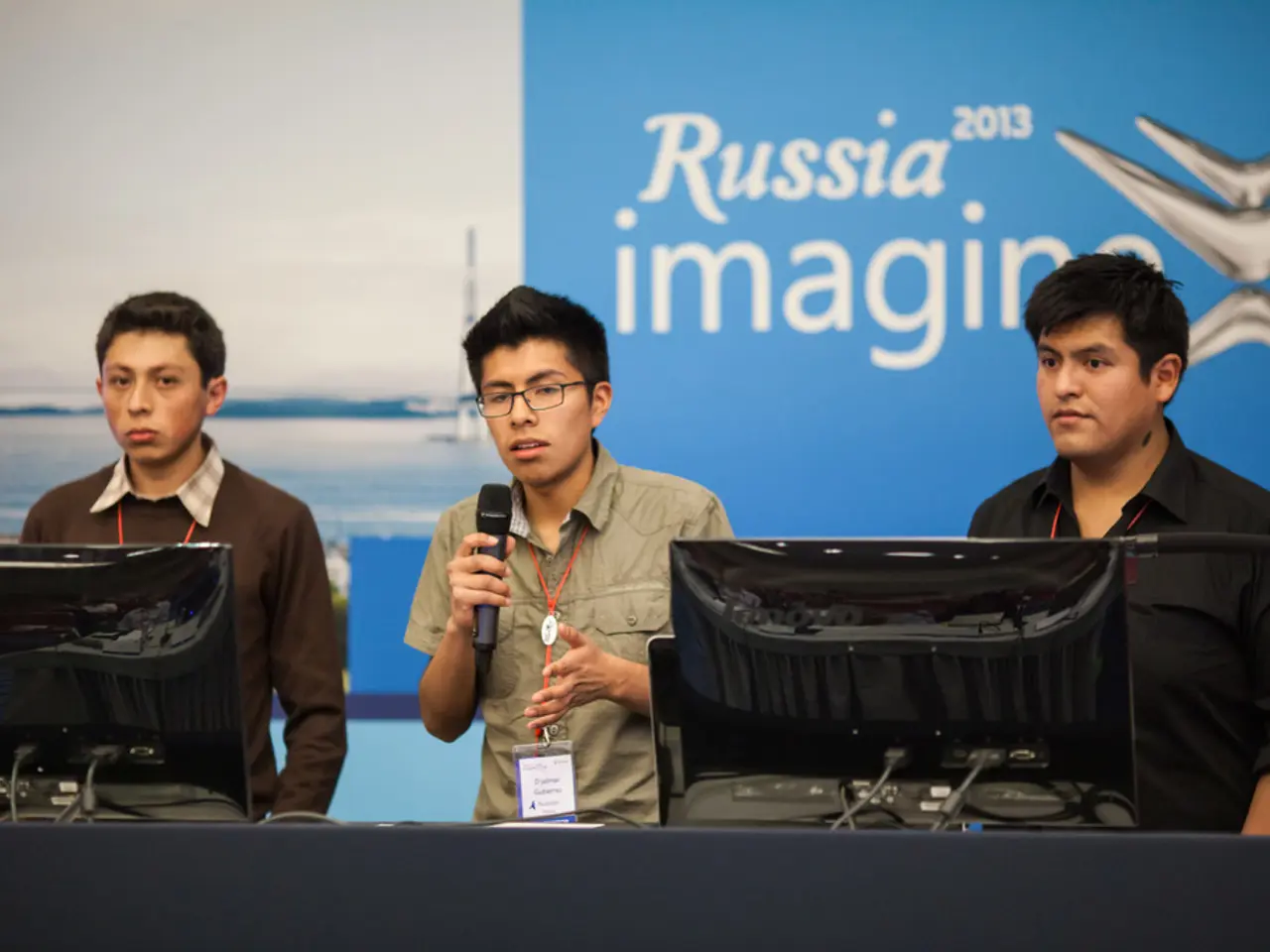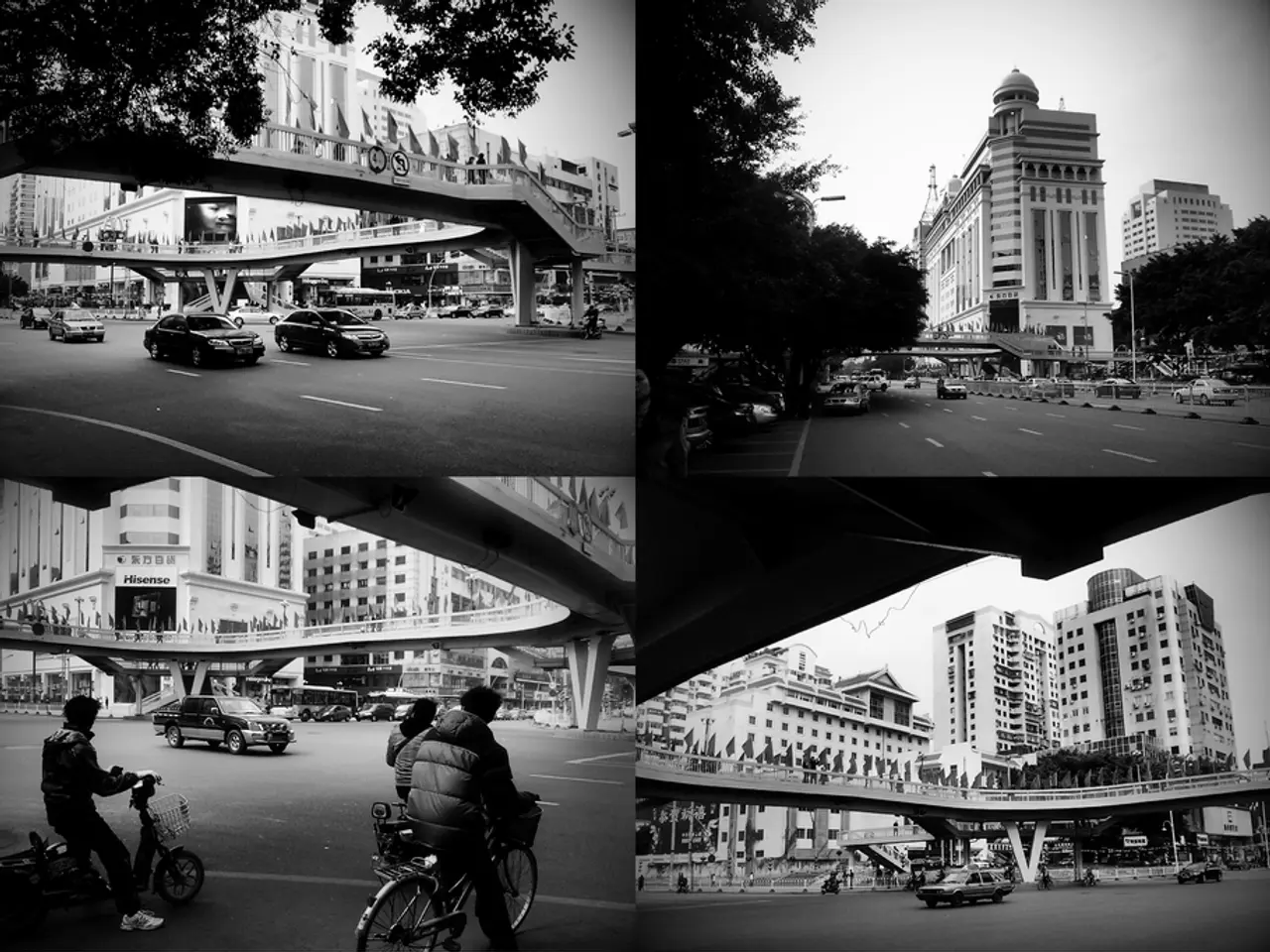Azerbaijan-Russia tensions escalate in St. Petersburg, leading to a flare-up of the conflict in Baku-on-Neve.
In the heart of Russia, the vibrant Azerbaijani community in St. Petersburg, known colloquially as "Baku on the Neva," is facing an uncertain future due to the escalating diplomatic crisis between the two countries.
Recent developments have raised concerns for the safety and wellbeing of Azerbaijani citizens living in Russia. Over 50 Azerbaijani nationals were detained by Russian law enforcement in Yekaterinburg, with two Azerbaijani brothers tragically losing their lives during the operation. Reports suggest that the detainees were subjected to beatings and treatment akin to torture, sparking fears among the Azerbaijani community about their safety and potential ethnic targeting.
The escalating tension has also led to a rise in xenophobia and discrimination against Azerbaijanis in Russia. State-enabled chauvinism, discrimination, and Islamophobia have become more prevalent, leading to increased hostility, coercion, and blackmail for Azerbaijani migrants and minorities. This climate of insecurity has been observed in cities across Russia, including St. Petersburg.
Economically, Azerbaijani businesses in St. Petersburg may also face challenging times. The diplomatic crisis could affect Azerbaijani business operations, investment, and cultural exchange in Russia. Businesses run by Azerbaijanis might encounter administrative harassment, reduced cooperation, or reputational harm amid the diplomatic crisis.
The unresolved aftermath of the Azerbaijan Airlines plane shootdown in December 2024 and subsequent incidents have further fueled the ongoing tension. The lack of resolution and mutual accusations may prolong uncertainty, impacting bilateral trade and the status of Azerbaijani citizens in Russia.
Amidst this volatile situation, notable Azerbaijani restaurants in St. Petersburg continue to thrive. Establishments such as "Baku Courtyard" (Mara Street, 50) and "Baku" (Voznesensky Ave, 2) remain popular destinations for those seeking authentic Caucasian cuisine, with many managed by Azerbaijani entrepreneurs. The "Eggplant" network, part of the Ginza Project, is also developing unique Caucasian cuisine concepts in the city.
However, not all news has been positive for the Azerbaijani community in St. Petersburg. Gusein Hasanhanov, a popular blogger of Azerbaijani origin from the city, is currently under suspicion for tax evasion of 170 million rubles and money laundering. He was placed on the international wanted list on May 14, 2025, and is believed to be hiding in Azerbaijan or the UAE.
Furthermore, a 32-year-old construction company director of Azerbaijani origin was recently detained in St. Petersburg on suspicion of fraud totaling over 46 million rubles. A 13-year-old Azerbaijani migrant was also deported after a dispute with a local teenager escalated, with the Azerbaijani boy bringing friends to beat up the local boy.
As the situation remains volatile, further retaliatory actions are possible on both sides, adding to the uncertainty faced by the Azerbaijani community in St. Petersburg. The economic, cultural, and social influence of this community, particularly in the fields of food trade and the restaurant business, continues to contribute to the rich tapestry of St. Petersburg's cultural landscape.
This article was authored by Yevgeny Bogucharov.
The escalating tension in Russian politics and general news is causing concern for the safety and wellbeing of Azerbaijani citizens living in Russia, particularly in St. Petersburg, where they face potential ethnic targeting and increased hostility. The unresolved aftermath of the Azerbaijan Airlines plane shootdown and subsequent incidents have further fueled the ongoing crisis.








